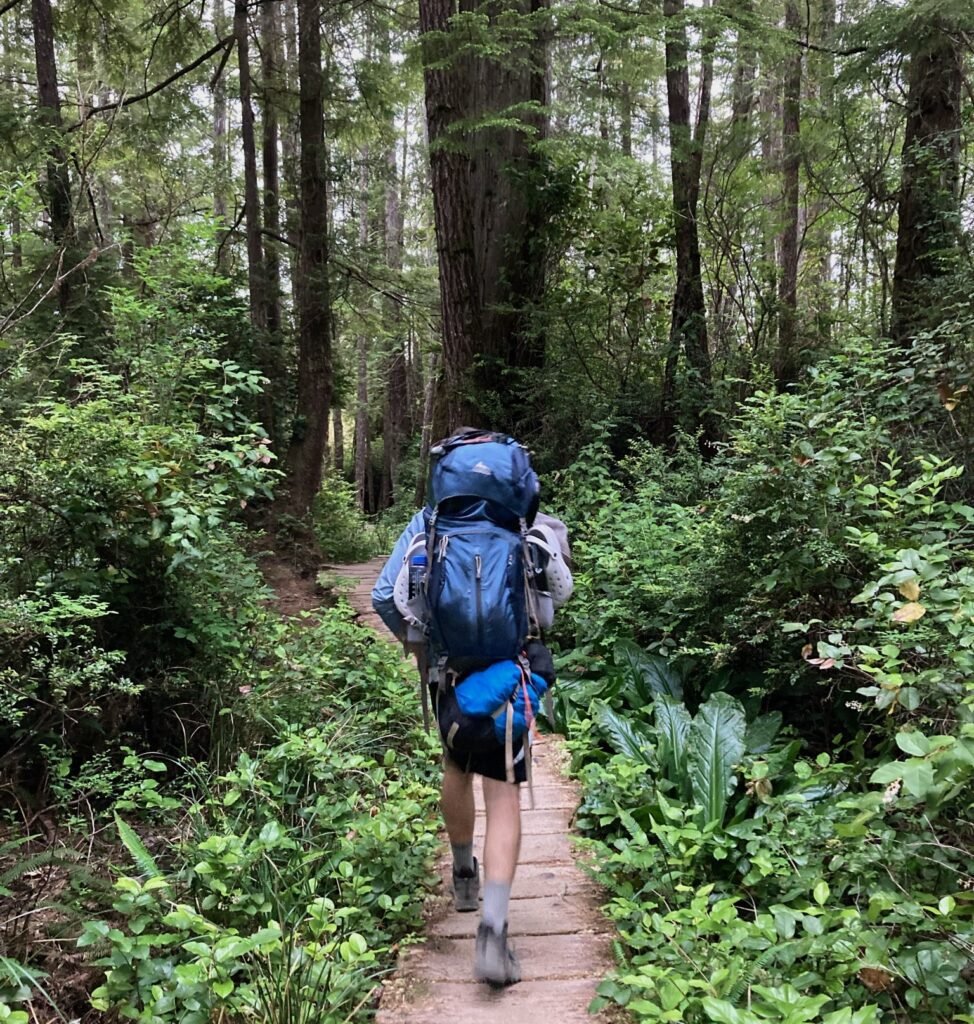When embarking on a backpacking adventure, it’s important to not only enjoy the beauty of nature but also to protect and preserve it for future generations. This is where the principles of “Leave No Trace” comes into play. Leave No Trace is a set of guidelines that promote responsible outdoor ethics, ensuring that our impact on the environment is minimal. For hiking, understanding and practicing Leave No Trace is essential to ensure a positive and sustainable outdoor experience.
Why is Leave No Trace important?
Leave No Trace is crucial for maintaining the integrity of natural environments. By following these principles, backpackers can minimize their impact on delicate ecosystems, preserve wildlife habitats, and protect the overall beauty of the wilderness. Leaving no trace ensures that future generations can also enjoy the same unspoiled landscapes that we have the privilege of exploring today.
Ways to Leave No Trace on a Backpacking Trip
Here are some common ways to practice Leave No Trace on your backpacking adventures:
1. Plan ahead and prepare
Before heading out on your backpacking trip, take the time to research and plan accordingly. This includes checking weather conditions, understanding the regulations of the area you’ll be visiting, and packing the necessary gear. By being well-prepared, you can minimize the need for unnecessary resource consumption and reduce your impact on the environment.
2. Stick to established trails
One of the easiest ways to leave no trace is to stay on designated trails. Straying off the path can lead to trampling vegetation, disturbing wildlife habitats, and causing erosion. By sticking to established trails, you can help preserve the natural beauty of the area and prevent unnecessary damage.
3. Dispose of waste properly
Proper waste disposal is crucial to leave no trace. Always carry a small, lightweight trowel to bury human waste at least 200 feet away from water sources, trails, and campsites. Pack out all other trash, including food scraps, wrappers, and toilet paper. Leaving waste behind not only detracts from the natural beauty but can also harm wildlife and contaminate water sources.
4. Leave what you find
While it may be tempting to collect souvenirs or take home natural artifacts, it’s important to leave everything as you found it. Removing rocks, plants, or other natural elements disrupts the ecosystem and can have far-reaching consequences. Appreciate the beauty of nature without altering it, and remember that the next person should have the same opportunity to experience it in its untouched state.
5. Respect wildlife
When encountering wildlife on your backpacking trip, maintain a safe distance and observe from afar. Do not feed, touch, or disturb animals in any way. Feeding wildlife can disrupt their natural behaviors and lead to dependency on humans. Respect their space and remember that you are a visitor in their home.
6. Minimize campfire impact
If campfires are allowed in the area you are backpacking, use established fire rings or fire pits whenever possible. Keep fires small and only use dead and downed wood. Avoid cutting live trees or breaking branches. Always fully extinguish the fire before leaving the area.
7. Be mindful of noise pollution
When backpacking, it’s important to respect the tranquility of nature. Keep noise to a minimum, especially during early morning and late evening hours. This allows for a more peaceful experience for both yourself and others who may be enjoying the wilderness.
Conclusion
Leave No Trace is a fundamental principle that all backpackers should embrace. By following these guidelines, we can ensure that our impact on the environment is minimal, allowing future generations to enjoy the same untouched beauty that we have been fortunate to experience. By planning ahead, sticking to established trails, properly disposing of waste, leaving natural elements untouched, respecting wildlife, minimizing campfire impact, and being mindful of noise pollution, we can contribute to the preservation of our natural landscapes.
Let’s all do our part to leave no trace and protect the outdoors for years to come!


